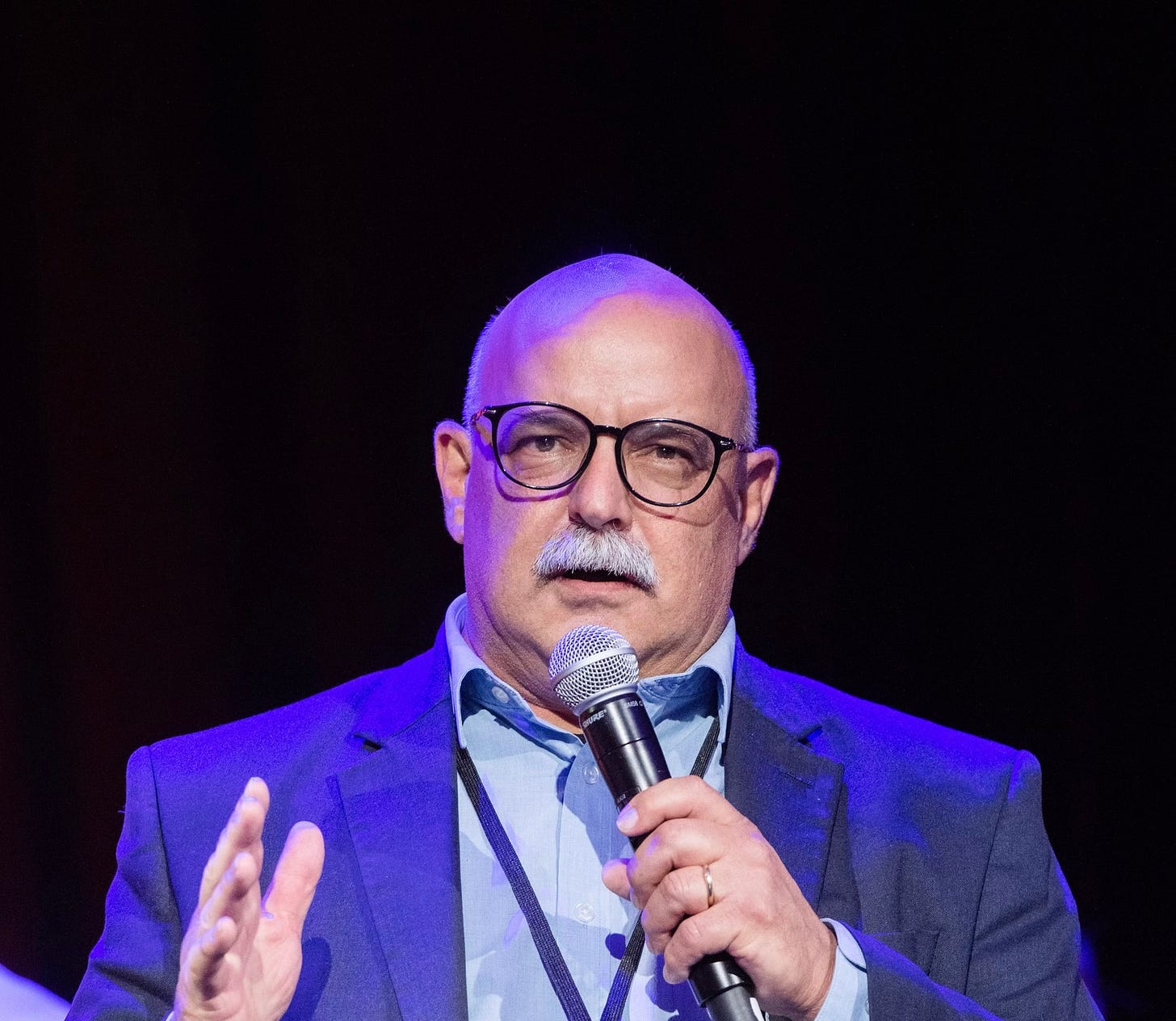VIEWPOINT | A lesson on the benefits of being nice
Guest column by Don Haggar, Americans for Prosperity
Political speech is central to our democratic republic, serving as the basis for the debate of public policy alternatives and other ideas about the role of government. Unfortunately, it is all too common for politicians and elected officials to use name-calling to win support for their position, get a cheap headline, or insult their opponents. Our leaders should not engage in name-calling but instead address the most important issues affecting Americans and treat others respectfully while leading by example through their behavior.
Name-calling lowers the public trust in elected officials and other politicians and perpetuates a toxic cycle that is harmful to the political process. When politicians engage in personal attacks rather than addressing the issue at hand, it hurts their credibility and exposes them as immature or power-seeking individuals rather than trustworthy leaders. This erosion of public trust hampers the ability of politicians to reasonably communicate their policies.
POINT: A bright future exists for ethanol and corn production, if we allow it
COUNTERPOINT: South Dakotans are fighting for their neighbors' property rights
NEWS: Back to the drawing board: Dignity dispute settled between artist, South Dakota governor's office
Additionally, attacking other politicians or other elected officials distracts and diverts attention from important issues that require real solutions. Rather than engaging in meaningful debate about policy and governance, elected officials and politicians who resort to name-calling create an atmosphere of animosity and set a negative example for the public. Our political leaders should serve as role models for the public, who look up to them for guidance. Otherwise, they set a negative example that promotes divisiveness in an already polarized political climate. This all-too-common type of behavior not only harms the reputation of individual political leaders but also perpetuates an atmosphere of disrespect and incivility in society.
Furthermore, these kinds of antics hinder collaboration between various elected officials and others. Practical progress often relies on cooperation between different elected officials and other stakeholders. When leaders resort to name-calling it makes it difficult to work towards a consensus. The practice of respectful discourse, on the other hand, fosters an environment where collaboration and productive dialogue can grow, leading to better policymaking and effective solutions.
At the end of the day, name-calling and personal attacks do not belong in a healthy political arena. Its implications reach far beyond the cylindrical walls of the rotunda, affecting public trust, policy development, and collaboration. Our leaders must reject the temptation to engage in such behavior and instead prioritize respectful debate. Only by avoiding name-calling can we protect the dignity of discourse and encourage an effective democratic system that serves the best interests of the people.














Stephanie Herseth-Sandlin should give all politicians a course on being polite and kind to the people who elect them. She was a shinning star in government and continues to be.
Totally agree. Let's talk about solutions and see if we can get back to working together.